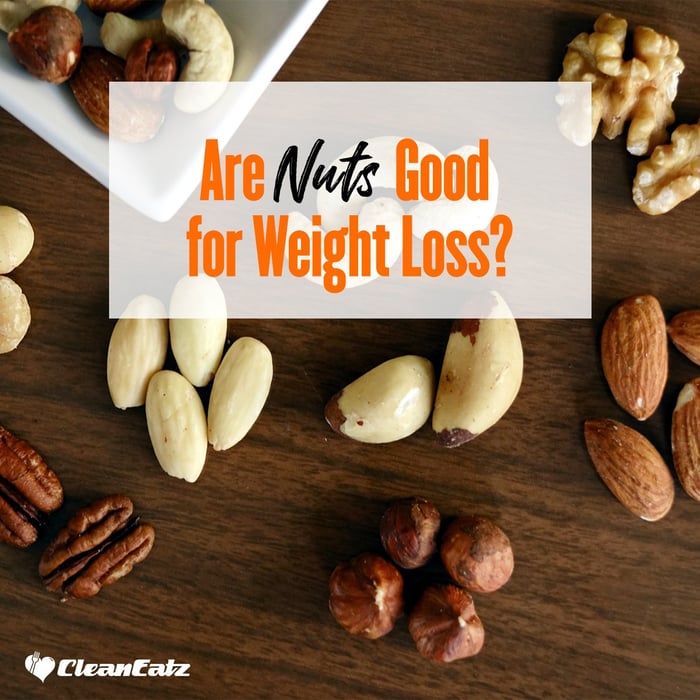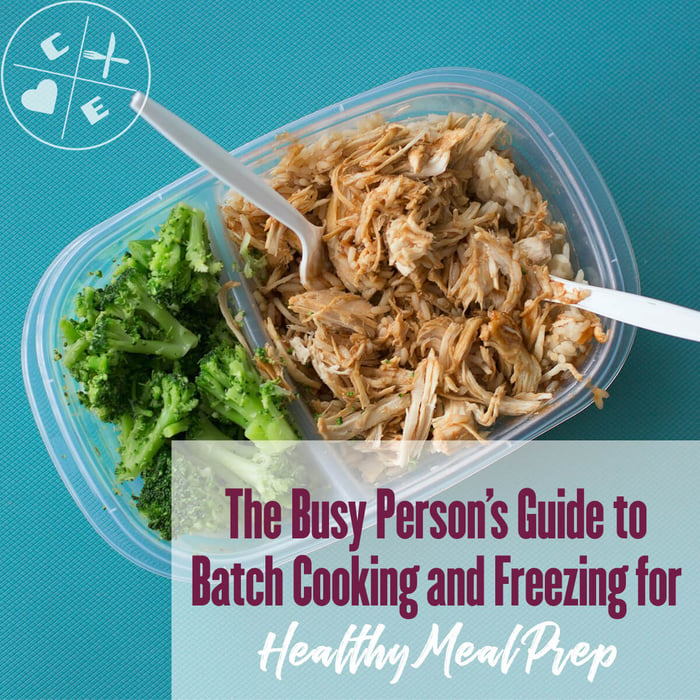
10 Vegetarian Dinner Ideas For A Plant-Based Meal Plan
Bridget Nalwoga, MPH
Nutrition
|
Healthy Recipes
|
Weight Loss
10 minute read
Are you tired of always making the same boring vegetarian dinners every week? Are there times you find yourself struggling to come up with new and exciting plant-based meal ideas that are delicious and healthy? Look no further! We've compiled a list of 10 mouth-watering vegetarian dinner ideas for a plant-based meal plan to satisfy your taste buds and keep you feeling nourished and energized.
This post will give also you more healthful information on what you need to know about plant-based meals. We’ll dive into the following:
-
Are plant-based meals healthy?
-
10 vegetarian dinner ideas for a plant-based meal plan
-
How do you make balanced plant-based meals?
Are Plant-Based Meals Healthy?
In recent years, there has been a growing interest in plant-based diets. A plant-based meal plan emphasizes whole, unprocessed plant foods such as fruits, vegetables, legumes, nuts, and seeds while minimizing or excluding animal products. Adopting a plant-based meal plan can offer several benefits for overall health and the environment.
A plant-based diet is high in fiber, vitamins, minerals, and antioxidants, all of which have been linked to the following health benefits:
Reduced risk of heart disease: Studies have shown that a plant-based diet can reduce the risk of heart disease by up to 32%. Then, a diet rich in fruits, vegetables, whole grains, and legumes has been associated with lower blood pressure levels, cholesterol, and triglycerides, all risk factors for heart disease.
Lowered risk of cancer: Studies have shown that a plant-based diet can reduce the risk of certain types of cancer, such as colon and breast cancer. This may be due to the high fiber content of plant-based foods, which can help to promote healthy digestion and reduce the risk of cancer.
Improved weight management: Plant-based foods are often lower in calories and higher in fiber, which can help you feel fuller for longer and reduce overall calorie intake. Research has shown that people who follow a plant-based diet tend to have a lower body mass index (BMI) and lower rates of obesity.
Improved digestion: Plant-based foods are fiber-rich and essential for maintaining a healthy digestive system. A diet high in fiber can help to regulate bowel movements, prevent constipation, and promote the growth of beneficial gut bacteria.
Lower risk of chronic diseases: Plant-based diets have been linked to a lower risk of chronic diseases such as heart disease and diabetes.
Reduced Inflammation: Plant-based diets are anti-inflammatory, reducing inflammation throughout the body and improving overall health.
Environmental-friendly: Plant-based diets are environmentally sustainable and can help reduce greenhouse gas emissions and water usage.
10 Vegetarian Dinner Ideas For A Plant-based Meal Plan
Whether you're a seasoned vegetarian or simply looking to incorporate more plant-based meals into your diet, endless delicious and nutritious dinner options exist!
From hearty comfort food classics like lentil shepherd's pie and roasted vegetable lasagna to flavorful international dishes like chickpea curry and black bean enchiladas, there is something for everyone.
In this list, we'll explore 10 vegetarian dinner ideas that will satisfy your taste buds and keep you energized and nourished.
#1 Lentil Shepherd's Pie
This hearty dish is made with lentils, carrots, and peas and topped with mashed potatoes. It's a great way to get in your daily dose of plant-based protein and is perfect for a cozy night in.
Lentils are a great source of plant-based protein and fiber, which can help to keep you feeling full and satisfied. They are also rich in vitamins and minerals such as iron, magnesium, and folate, essential for overall health and well-being.
#2 Chickpea Curry
This flavorful curry is made with chickpeas, tomatoes, and spices. Serve over brown rice for a filling and satisfying meal.
Chickpeas are a good source of plant-based protein and are also high in fiber, which can help to promote healthy digestion. They are also a good source of vitamins and minerals such as iron and zinc, essential for immune function.
#3 Quinoa Stuffed Peppers
These colorful peppers are stuffed with quinoa, black beans, corn, and spices. They make a great main dish or side dish.
Quinoa is a nutrient-dense grain high in protein and fiber and a good source of vitamins and minerals such as magnesium, iron, and folate. Peppers are also a good source of vitamin C, which is vital for immune function.
#4 Veggie Stir Fry
This quick and easy stir-fry is made with various vegetables such as broccoli, peppers, and onions and can be served over brown rice or quinoa.
This dish is packed with various vegetables rich in vitamins and minerals such as vitamin C, vitamin K, and potassium. Adding brown rice or quinoa to the stir-fry can also increase the fiber and protein content of the meal.
#5 Roasted Vegetable Lasagna
This delicious lasagna has layers of roasted vegetables, tomato sauce, and whole-wheat lasagna noodles. It's a great way to get in your daily dose of vegetables and is perfect for a family dinner.
This dish is a great way to get your daily dose of vegetables rich in vitamins, minerals, and antioxidants. Using whole wheat lasagna noodles can also increase the fiber content of the meal.
#6 Black Bean Enchiladas
These enchiladas are filled with black beans, corn, and spices and topped with a flavorful sauce. Serve with a side of guacamole for a delicious and filling meal.
Black beans are an excellent plant-based protein and fiber source, rich in vitamins and minerals such as iron and magnesium. The addition of guacamole can also provide heart-healthy monounsaturated fats.
#7 Mushroom Stroganoff with creamy cashew sauce
This creamy stroganoff is made with mushrooms, onions, and a creamy cashew sauce. Serve over whole wheat noodles for a healthy and satisfying meal.
Mushrooms are a good protein and fiber source and are rich in vitamins and minerals such as potassium and selenium. Using cashews to make the creamy sauce can also provide healthy fats and protein.
#8 Tofu and Broccoli Stir Fry
This quick and easy stir-fry is made with tofu, broccoli, and a blend of spices. Serve over brown rice or quinoa for a filling and delicious meal.
Tofu is an excellent plant-based protein source rich in iron and calcium. Broccoli is also a good source of vitamin C and vitamin K.
#9 Sweet Potato and Black Bean Chili
This hearty chili is made with sweet potatoes, black beans, and spices. It's a great way to get in your daily dose of plant-based protein and is perfect for a cold winter night.
Sweet potatoes are a good source of fiber and vitamins such as vitamins A, and C. Black beans provide plant-based protein and fiber. The blend of spices can also provide anti-inflammatory benefits.
#10 Spinach and Feta Stuffed Portobello Mushrooms
These stuffed mushrooms are filled with spinach, feta cheese, and quinoa, making for a satisfying and flavorful dinner. Portobello mushrooms are a great source of vitamin D, which is essential for bone health, and spinach is high in iron and other vital vitamins and minerals.
Feta cheese is a tangy and creamy cheese that pairs perfectly with the earthy flavor of the mushrooms and the nuttiness of the quinoa. Additionally, feta cheese is lower in fat and calories than many other cheese types, making it a healthier choice for those looking to cut down on their dairy intake.
To make this recipe even healthier, use low-sodium feta cheese or skip it altogether and add nutritional yeast instead. Nutritional yeast is a great vegan alternative to cheese and is high in protein, fiber, and B vitamins. It also adds a cheesy and nutty flavor to dishes, making it a popular ingredient in plant-based cooking.
How Do You Make Balanced Plant-Based Meals?
To make balanced plant-based meals, it is essential to follow these guidelines:
Include a variety of whole and nutrient-dense foods: A plant-based diet should be rich in whole foods such as vegetables, fruits, whole grains, legumes, nuts, and seeds. Including various foods ensures you get a range of nutrients, vitamins, and minerals needed for optimal health.
Choose whole grains: Whole grains provide fiber, B vitamins, and minerals. Choose whole-grain bread, pasta, rice, and cereal to ensure maximum nutrient density.
Ensure adequate protein intake: Contrary to popular belief, plant-based diets can provide all the necessary protein. Good plant-based protein sources include lentils, beans, tofu, chickpeas, tempeh, quinoa, and nuts. It is vital to have protein at every meal to support muscle growth and repair.
In addition, these foods are also rich in fiber, iron, and folate. They are also affordable and versatile, making them an easy addition to any meal.
Include healthy fats: Healthy fats, such as those found in nuts, seeds, avocados, and olive oil, are essential for brain health, hormone balance, and cell function. Include healthy fats in your meals to support these functions.
Incorporate nuts and seeds: Nuts and seeds contain healthy fats, protein, fiber, and micronutrients. They can be used as a snack or a topping for salads, yogurt, or oatmeal.
Choose fortified plant-based milk: Plant-based milk, such as soy or almond milk, is often fortified with calcium and vitamin D, making it a good source of these essential nutrients.
Use herbs and spices: Herbs and spices add flavor to meals and provide additional health benefits. For example, ginger has anti-inflammatory properties, while turmeric is high in antioxidants.
Limit processed foods: Processed foods often contain high amounts of added sugars, unhealthy fats, and preservatives. Limiting these foods and opting for whole foods can help reduce your risk of chronic diseases such as obesity, diabetes, and heart disease.
Plan ahead: Planning your meals ahead of time can help ensure that you are getting a balanced diet. Make a list of the foods you need for the week and plan your meals accordingly. This can help reduce food waste and make healthy eating more convenient.
Final Thoughts
In conclusion, a plant-based meal plan can offer numerous health benefits, such as reduced risk of heart disease, cancer, inflammation, and a lower risk of chronic diseases. To create balanced plant-based meals, include a variety of whole and nutrient-dense foods, ensure adequate protein intake from sources like lentils, and beans, and limit processed foods while planning ahead for a well-rounded diet.
FAQ
Do doctors recommend a plant-based diet?
Many doctors as well as other health professionals recommend a plant-based diet.
How long does it take to adapt to a plant-based diet?
For most people, it takes only a couple of weeks and gets easier with each week.
Why do I feel weak on a plant-based diet?
Without enough vitamin B12 in the diet, this is the usual result, but it gets better as soon as you integrate enough vitamin B12 into your diet.
Can I start a plant-based diet if I have several health issues?
As this is a very specific question it's recommended to consult with your doctor before starting a plant-based diet as a person with several health issues.
Related Articles
Are Nuts Good for Weight Loss?
8 minute read



